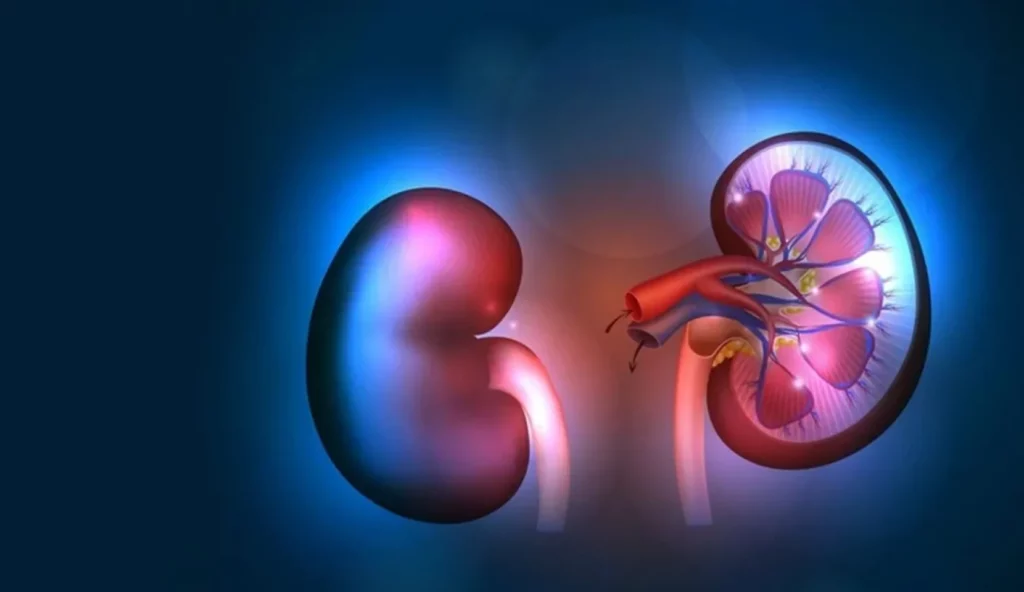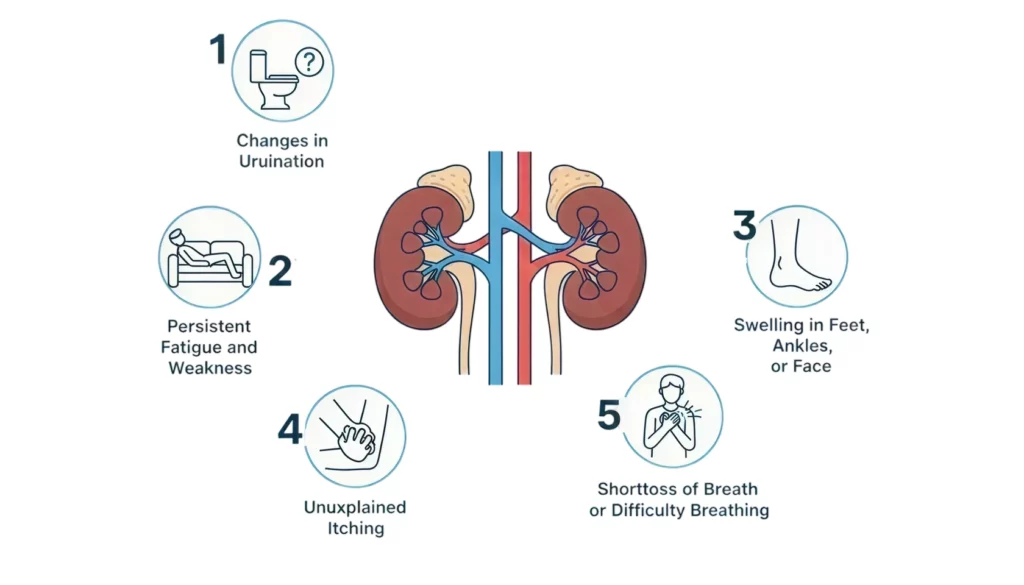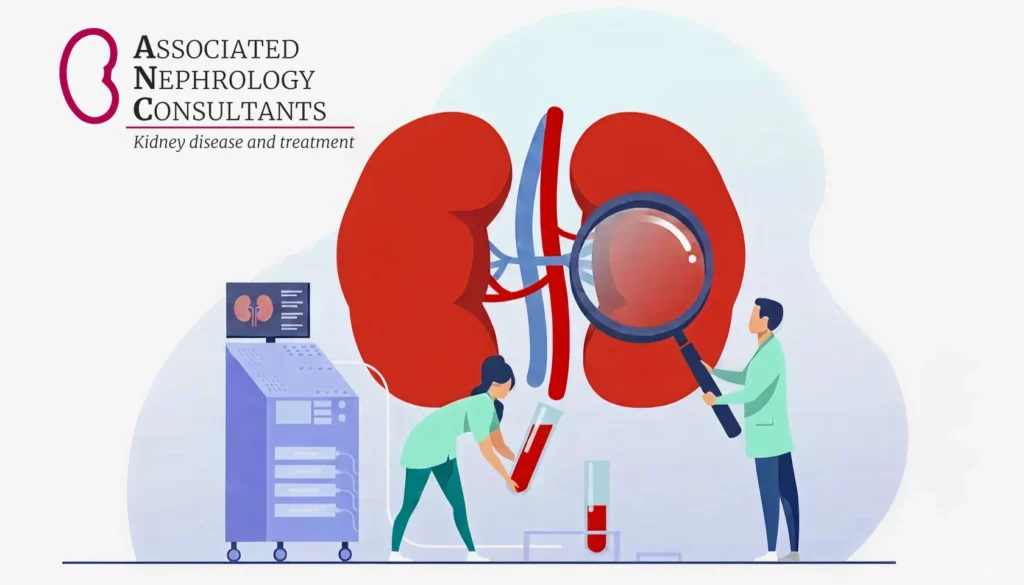The kidneys, though not moving organs like the heart or lungs, perform a multitude of
critical functions in the body. From filtering waste to maintaining bone health and
regulating hemoglobin levels, the kidneys are central to our overall well-being. Unlike
other organs that show immediate signs of distress, kidneys can quietly suffer under the
strain of various factors, leading to gradual wear and tear. Maintaining kidney health is
much like walking a tightrope – it’s all about balance.
The Silent Workers Under Stress
Healthy kidneys thrive on equilibrium, managing a range of tasks from cleansing the
blood to ensuring our blood pressure remains neutral. Their ability to self-regulate is
impressive; however, they are not immune to the impacts of stress and external
aggressors. Just like any high-functioning system, they can reach a point of burnout if
continuously overworked.
What Can Harm Your Kidneys?
Several factors can put undue stress on your kidneys, leading to diminished function.
Autoimmune diseases, such as primary kidney disease, directly attack kidney tissue,
while general health conditions like dehydration can also take a toll. Understanding
these risks is the first step in protecting these vital organs.
The Key to Natural Cleansing
So, how can we support our kidneys in their essential work without resorting to extreme
measures? The answer lies in moderation and mindfulness, particularly regarding
hydration and diet.
Hydration: The Golden Balance
Water is the lifeblood of kidney function, helping to flush out toxins and maintain a
healthy filtration system. However, balance is crucial. Consuming too much water can
dilute the blood and overwork the kidneys, while too little can lead to dehydration and
impede their ability to filter waste efficiently. The goal is to consume water consistently
throughout the day, aiming for at least the average recommended amount, which varies
depending on factors like climate, physical activity, and individual health.
Diet and Lifestyle: The Foundation of Kidney Health
Diet plays a pivotal role in maintaining kidney health. Certain foods and substances can
put additional strain on the kidneys, so it's important to tailor your diet to your unique
kidney function level. This might mean reducing sodium intake, limiting certain proteins,
or increasing the consumption of kidney-friendly foods like fruits, vegetables, and whole
grains.
However, making these adjustments can be complex, and what works for one person
may not be suitable for another. This is where professional guidance becomes
invaluable. At ANC, we understand the intricacies of kidney health and the role diet
plays in maintaining it. Our team of dietitians and nutritionists specializes in creating
personalized plans that support kidney function without compromising on taste or
nutrition.
Reaching Out for Professional Guidance
In essence, keeping your kidneys healthy is about more than just avoiding harm; it's
about actively supporting them through balanced hydration, a mindful diet, and lifestyle
choices. By understanding the needs of your kidneys and taking steps to meet them,
you can contribute to their longevity and, by extension, your overall health and well-
being.
Embarking on the journey to kidney health doesn't have to be a solitary endeavor. If
you're considering making changes to your diet or lifestyle to support your kidneys,
reaching out for professional advice can provide you with the tailored guidance you
need. At ANC, our experts are dedicated to helping you find the balance your kidneys
require to function optimally.





